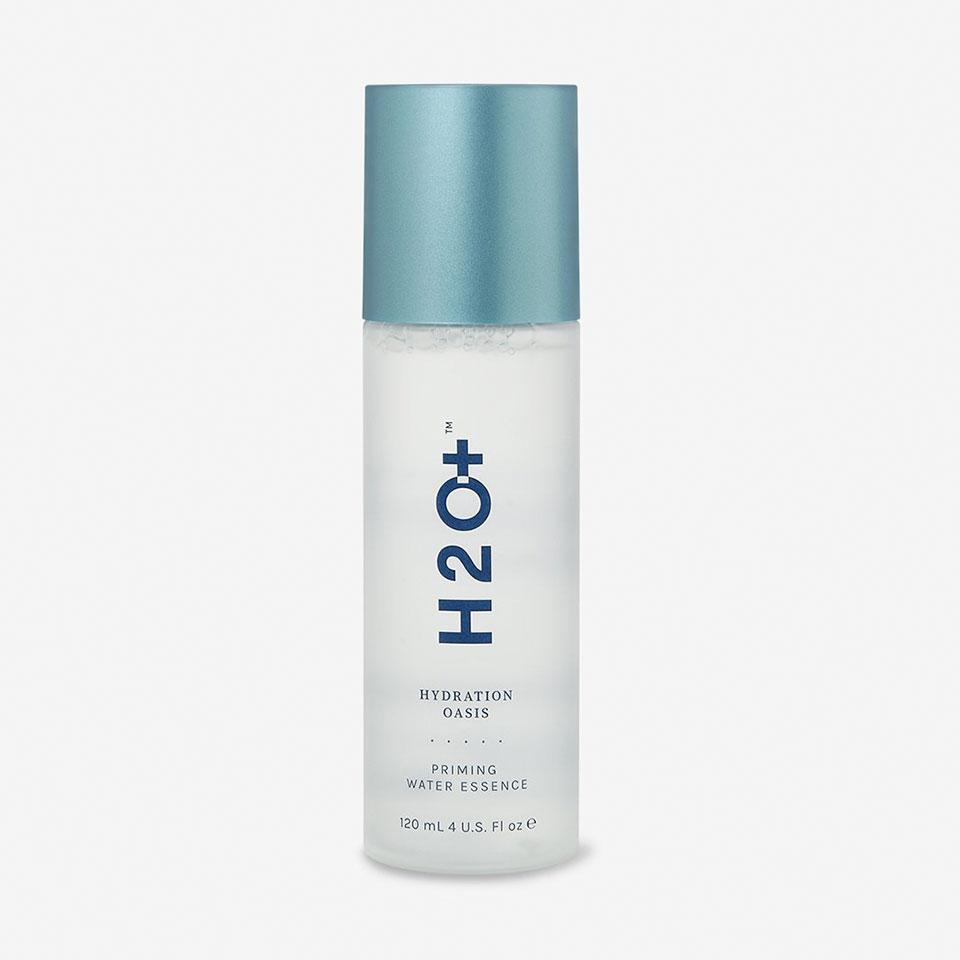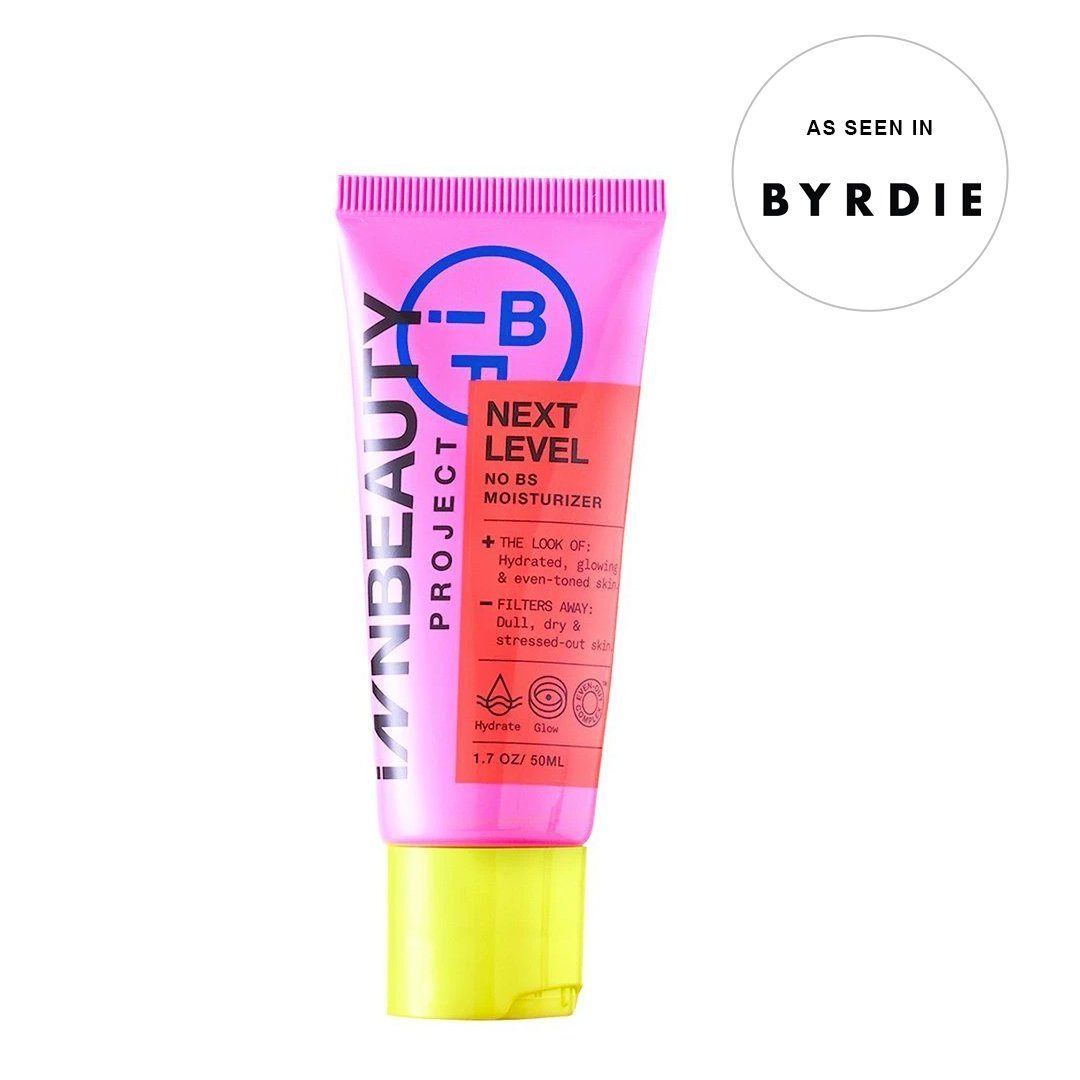What Does It Really Mean For Your Moisturiser To Be “Clean”?
Photographed by Myesha Evon Gardner.
Few words have been tossed around the skincare aisle like "clean" has. You'll find it everywhere, and used to describe every type of product, from cleanser and toner to serum and moisturiser. You've probably even purchased a handful of items that tout the label in the interest of being more ingredient-conscious — but have you ever stopped to wonder what "clean" actually means when you go beyond the buzzword?
The "clean" skincare category is murkier than you might think, says Joshua Zeichner, MD, a New York City-based dermatologist. "There is no specific definition for a clean product," he says. "Similarly, the terms 'natural' and 'organic' are not regulated by the FDA, with no guidance as it applies to skin care." Hadley King, MD, a New York City-based dermatologist, seconds that statement, and says that the number of skincare ingredients out there on the market vastly outweighs the data available to support their safety. "That makes opting for clean products a personal choice that may require some homework for you to know exactly which ingredients you are comfortable with using," Dr. King says.
AdvertisementADVERTISEMENT
That leaves room for interpretation depending on what products and brands you're shopping. "Most experts agree that clean skin care refers to products that are free of sulphates, parabens, phthalates, synthetic fragrance, and dyes," Dr. Zeichner says. "Some may add silicones to the list, or require that a certain percentage of ingredients come from natural, sustainable sources."
So why those five forbidden ingredients? Dr. King explains that phthalates are plasticisers used in many skincare products. "Studies have shown that in rodents, phthalates can change hormone levels and cause congenital disabilities," she says. "This data may not be immediately applicable to humans, but there are human studies that suggest that phthalates may contribute to endocrine disruption and breast cancer risk."
It is the dose which makes the poison, though, says consultant dermatologist Dr Anjali Mahto. "Many synthetic and even natural chemicals have endocrine activity but there is no convincing evidence that ingredients found in our cosmetic products have the ability to cause hormone disruption and harm our health," Dr Mahto recently told R29. The concentration is important here. "Many substances found in our cosmetics that are shown to have endocrine activity are weak compared to the body’s natural hormones. Our skincare and the ingredients within it are highly regulated to ensure our safety."
Parabens are preservatives used in many skincare products, which some people may develop allergic reactions to. "There is also data suggesting that parabens have oestrogenic activity and can function as endocrine disruptors," Dr. King says. With that said, these potential links are not well-documented, and many experts still consider parabens safe for use. Sulphates, which may be the most divisive of the questionable ingredients, may not be the most dangerous. "Sulphates are not dangerous, but they are detergents that can strip protective oils from the skin and hair," she says. "Particularly in patients who suffer from dry skin and eczema, sulphates can contribute to the severity of their conditions."
AdvertisementADVERTISEMENT
Due to the complex nature of the ingredients, experts encourage you to develop personal criteria to make sure you're picking the right products for your skin. "It is a myth that clean beauty products are any safer than traditional products," Dr. Zeichner says. "In fact, there are some natural ingredients that can cause severe allergic reactions or irritation when applied to the skin."
Ultimately, experts say it's important to do the detective work if there are ingredients you aren't comfortable with using in your skin care. "No matter what is labelled on the bottle, you need to read the ingredient list," Dr. Zeichner emphasises. "Check to see whether the product meets your personal criteria for clean."
Dr. King recommends GoodJanes H2O My God Water Cream, which is ideal if your skin is both dull and dry. "It's formulated with peptides to stimulate collagen, vitamin C, and apple stem cell extract to protect from free radicals," she explains. "It's lightweight and offers hydration without being oily or heavy." Dr. Zeichner says to opt for formulas with powerful plant actives.
With so many brands using the word "clean" as a marketing tactic, the bottom line is that it's essential to look beyond the surface to do what's best for your skin and your peace of mind — whether that means going paraben-free or not.
Refinery29's selection is purely editorial and independently chosen – we only feature items we love! As part of our business model we do work with affiliates; if you directly purchase something from a link on this article we may earn a small amount of commission. Transparency is important to us at Refinery29, if you have any questions please reach out to us.
AdvertisementADVERTISEMENT








